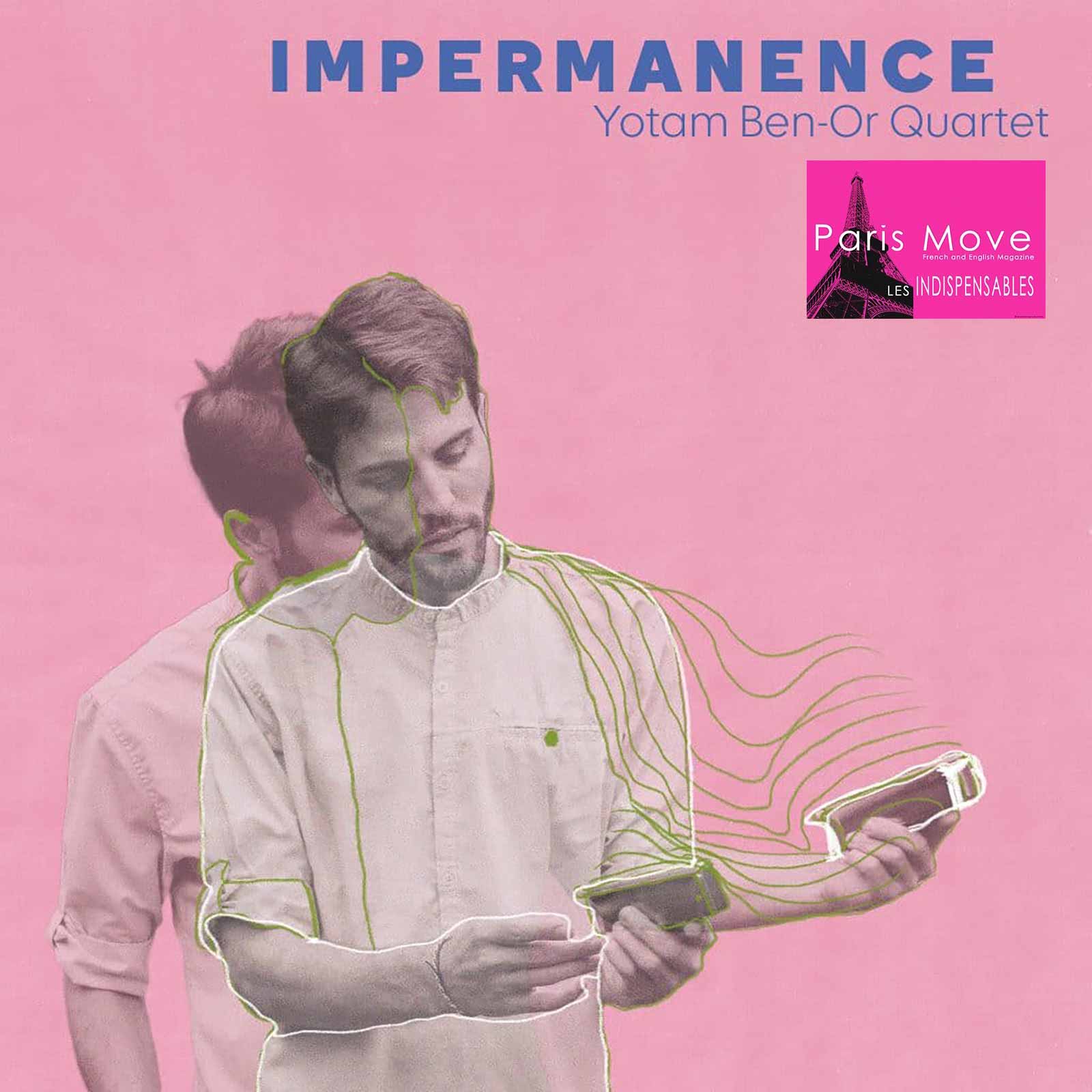| Jazz |

Yotam Ben-Or: The Harmonica Virtuoso Carving His Own Path in Modern Jazz
In the ever-evolving landscape of contemporary jazz, there occasionally emerges an artist whose vision is so distinct, so intuitively expressive, that comparisons to the greats feel not only appropriate, but inevitable. Yotam Ben-Or, an Israeli-born harmonica player now based in New York, is such an artist. If one were tempted to draw a parallel, it would not be to a fellow harmonica player, but to the great Astor Piazzolla, another musician who took a relatively humble instrument and elevated it into a vehicle for rich, emotive, and deeply original musical narratives. Like Piazzolla, Ben-Or doesn’t just play his instrument; he reimagines it. And in doing so, he may well be the most distinctive voice on the jazz harmonica today.
What sets Ben-Or apart isn’t mere virtuosity, though his technical command is undeniable, but a singular musical vision rooted in emotion, rhythm, and an instinctive understanding of melody. There’s a sense of purpose in every note, a depth that belies his relatively young age. Yet his trajectory is far from accidental. A student of harmonica luminary Grégoire Maret and mentored by the likes of Avishai Cohen, Ben-Or also studied under bassist Ben Street and toured with harpist Edmar Castañeda. These affiliations have placed him at the nexus of jazz’s most innovative circles.
Graduating from New York’s prestigious New School in 2016 on a full scholarship, Ben-Or has already played some of the world’s most storied stages: Jazz at Lincoln Center, Carnegie Hall, the Blue Note. In Europe, where discerning jazz audiences often embrace innovation before the mainstream catches on, he is quickly being recognized as an artist to watch.
With Impermanence, his latest album, Ben-Or takes a deeply personal turn, offering not just a collection of compositions, but a philosophical statement on music, creation, and identity. “I titled this album Impermanence,” he explains, “because unlike my previous projects, this time I was seeking acceptance rather than perfection. Instead of controlling and fine-tuning every detail in the studio, I focused on the spontaneous flow between us, the musicians, and the music itself.”
It’s a revealing statement. Jazz, at its core, has always been about the conversation, the unscripted, intuitive dialogue that takes place in the moment. Ben-Or leans into this ethos, not just stylistically but spiritually, allowing his background, his influences, and his collaborators to guide the shape of the album.
At the heart of Impermanence is his longstanding quartet: pianist Gabriel Chakarji, bassist Alon Near, and drummer Alon Benjamini. Their interplay is both supple and seamless, a foundational current that supports the album’s shifting emotional tides. It’s not just a band, it’s a conversation among old friends, conducted in a language they’ve crafted together over time.
But Impermanence also features some notable guests whose contributions elevate the album’s emotional scope. Swedish cellist Lars Danielsson brings a haunting poignancy to “Ballad for Daniel,” a track that glows with meditative warmth and quiet sorrow. Danielsson’s presence is fitting, not only because of his unparalleled lyrical style on both cello and bass, but because he shares Ben-Or’s gift for making space within music, for allowing silence to speak. His performance here is more than a cameo; it’s a jewel-like addition that perfectly complements the quartet’s subtle dynamism.
Another standout moment arrives in the album’s final track, where vocalist Esther Quansah, Ben-Or’s partner, lends her voice. Her tone, tender and rich, wraps the record in a closing gesture that feels like an embrace: intimate, vulnerable, sincere.
The album’s emotional core is perhaps most evident on the piece titled “René,” a tribute to legendary jazz manager René Hess, known for his work with European icons such as Lars Danielsson and Jan Lundgren. Hess was so moved by Ben-Or’s music that he took the young harmonica player under his wing. “His concert in St. Moritz was a revelation for me,” Hess recalled. “I was overwhelmed by this young musician, not yet in his thirties, whose presence and command of this small instrument simply left me speechless. Thank the jazz gods I was there to witness it.”
Such praise, while generous, doesn’t feel misplaced. Ben-Or’s music is infused with a rare sincerity, an openness that transcends genre or technique. In an age when jazz can sometimes drift toward the cerebral or overly polished, Impermanence reminds us of the power of raw, honest artistry.
Yotam Ben-Or isn’t simply an emerging talent, he’s a singular voice in modern jazz, unafraid to take risks, to embrace vulnerability, and to speak through an instrument still too often relegated to novelty. With Impermanence, he offers not only a compelling artistic statement but an invitation: to listen deeply, to let go of perfection, and to find beauty in the fleeting.
Thierry De Clemensat
Member at Jazz Journalists Association
USA correspondent for Paris-Move and ABS magazine
Editor in chief – Bayou Blue Radio, Bayou Blue News
PARIS-MOVE, May 13th 2025
Follow PARIS-MOVE on X
::::::::::::::::::::::::
Musicians:
Yotam Ben-Or (Harmonica)
Gabriel Chakarji (Piano)
Alon Near (Bass)
Alon Benjamini (Drums)
Feat:
Lars Danielsson (Cello)
Esther Quansah (Voice)
Tracklist:
Milonga Gris
Triangulation
By the Way
Merengue
Ballad for Daniel (feat. Lars Danielsson)
Omri
René
Kafka on the Beach
Essi
Trying (feat. Esther Quansah)

